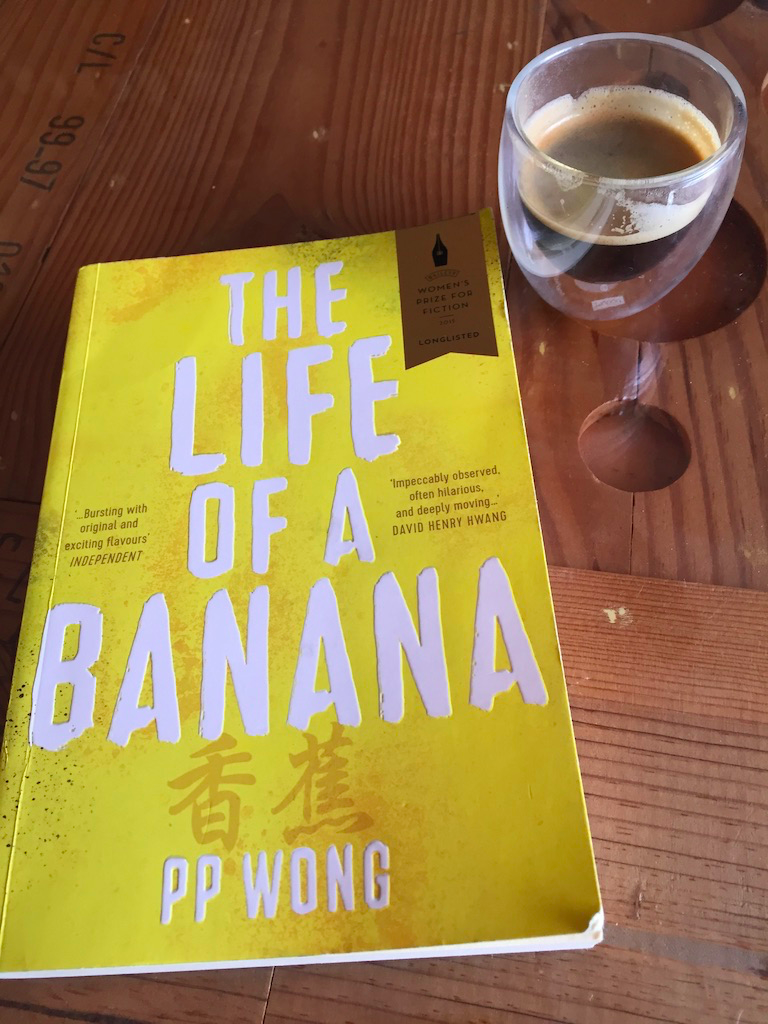When I was thirteen years old, I started keeping a journal for several years but I stopped writing when I left for my studies abroad. Whenever I read whatever I had written during those growing years, I cringe. How immature, righteous and angry I could be as a young teenager. There were entries about hanging out with boys and also crushes that I had kept at bay. All I wanted was to get good enough results to go somewhere. I did not quite know how but I had this dream to see the world. There were also entries about how I had felt when my mother did not quite welcome a classmate who stayed in our house for a few days so she could focus on revising for upcoming examinations. I was not particularly industrious and I cannot recall how she came to stay when she needed a place to study. Looking back, I was too self-centred to know about what my mother was going through at the time. My mother was modest and kind. Besides having to endure my outbursts and tantrums, we did share common tastes in our reading and sense of dressing. We had both enjoyed reading San Mao’s life writings about her married life in the Sahara desert. While I had been terribly judgmental in my early teenage years, then in my subsequent teenage years, I was keen to learn about other cultures and while at the varsity, I had met students and people from various places and those were years when I had been introduced to books, plays, music and cinema that go with my interests. When I started working, I found generalization and stereotyping particularly distasteful and objectionable. Over the years, I have resigned to recognize that cultural background, upbringing and ethnicity do have a part in how certain people typically behave in a certain manner though not all of them with similar background and upbringing behave in the same way. It is up to each individual to figure out things for himself or herself. Things are never open and shut and the last thing we should do is to be critical of anyone’s behaviour because we never know how we would fare or turn out to be if we were in the same circumstances.

The Life of a Banana written by P P Wong is about a British teenage girl named Xing Li struggling to fit in her home life with her maternal grandmother and in school. She is what some Chinese people call a banana – yellow on the outside and white on the inside. Born and raised in London, after a tragic incident that killed her mother on her twelfth birthday, her brother, Lai Ker and her move in with their authoritarian grandmother, strange uncle and an aunt who is an actress struggling with limited roles that tend to typecast Chinese actors. Xing Li’s only friend in her new school at West Hill is Jay, a mixed race Jamaican boy with a passion for classical music. In school, she is subject to bullying as an ethnic minority even though she was born and raised in London. Her grandmother hails from Singapore and her grandmother decides to take both her and her brother to Singapore as she does not want them to become too much like English children.
The story is narrated in the twelve-year-old Xing Li’s voice.
‘ I am super nervous but super excited too. We’re going to Singapore, we’re going to Singapore! Grandma points at me again.
“ Also, you two becoming too like English children. Don’t know how speak Chinese, eat too much sausages and worse speak back to older people. No respect. Next thing I hear you want study Art and live with squatters in dirty bedsit. No, you need go Singapore. Need know where you come from.”’
Xing Li is in awe of her grandmother who was estranged from her husband. When the protagonist finally meets her grandfather in Singapore ,she tells her grandfather that she hates living with her grandma at Westhill in London. She finds out that her grandmother did not approve of her mother’s marriage to her father primarily because he was a Japanese. Her grandpa explains,
‘ ‘Xing Li, sometimes there are …..there are some hurts that run so deep it takes more than one generation to erase them.”
Grandpa stares at me and just shakes his head over and over again. He starts to talk real slow and soft.
“ Some of the things I experienced during the war are things I will never forget for as long as I live.”
“ What kind of things?”
“ Awful, awful things ….like the ache in your belly when you are so hungry you think you are going to die, the smell of rotten flesh outside your doorstep; feeling too terrified to sleep at night. I only have to close my eyes and I’m back there again.”
“ So , you and Grandma hate Japanese people ‘cos of the war?”
“ No, I certainly don’t hate Japanese people …because what can more hate bring? But let’s put it this way, I would not willingly touch sushi even if you paid me. To date, I have not bought a single Japanese product. “
I think of the German brands in Grandma’s kitchen.’

Poor Xing Li misses her mother and is ill-prepared for the bullying in school that has gotten worse. Grandma expects them to obey her house rules and only gives them three options as career choices, lawyer, doctor or banker. The thirteen-year-old certainly has a lot to figure out life on her own and what it means to be both Chinese and British. The Life of a banana written PP Wong was longlisted for the Baileys Women’s Prize for Fiction 2015. The novel has a refreshing voice. https://www.ppwongauthor.com/
No comments:
Post a Comment